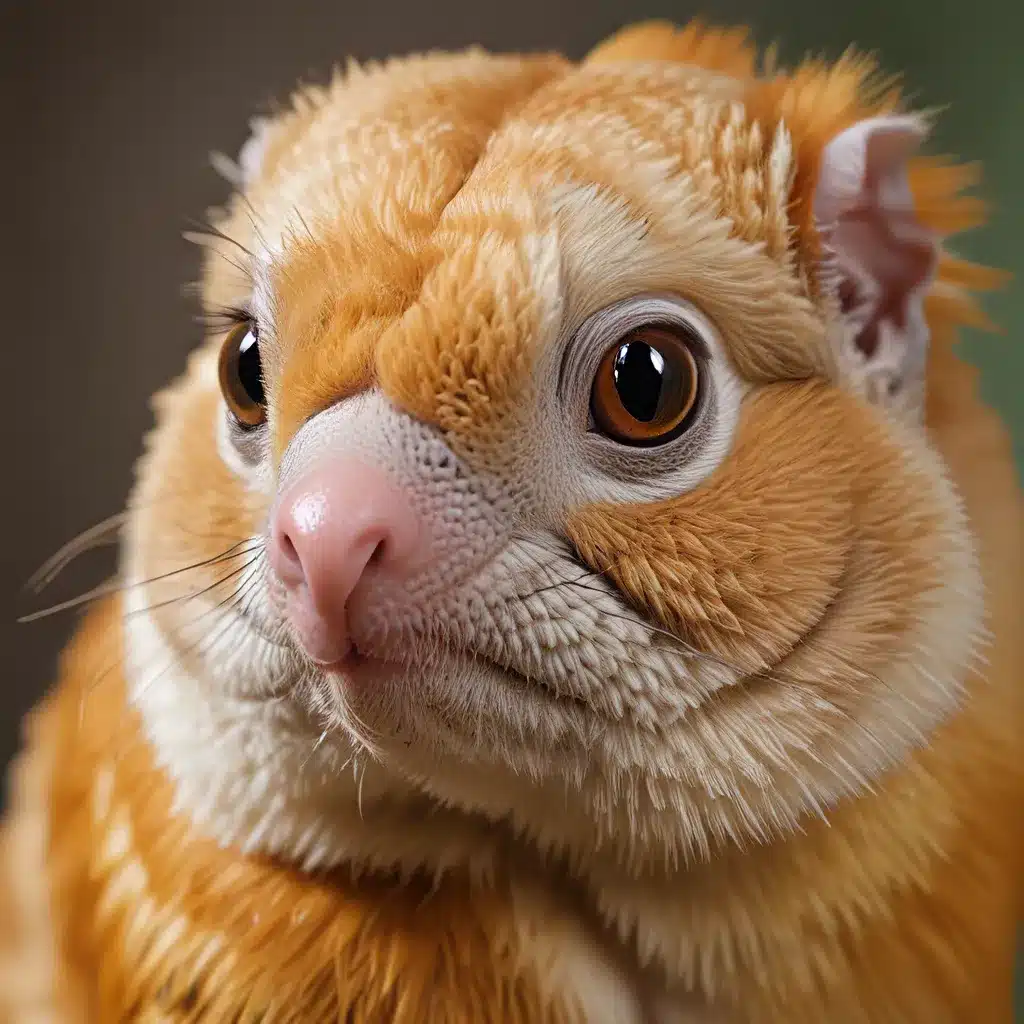
Navigating the Wild World of Exotic Pets
If you’re a business owner with a passion for the exotic, let me tell you – you’re in for one wild ride! The realm of exotic pet ownership is a labyrinth of regulations, permits, and potential pitfalls that can send even the savviest entrepreneur into a tailspin. But fear not, my friends! Today, we’re going to dive headfirst into this captivating (and sometimes confounding) world, arming you with the knowledge you need to keep your business on the right side of the law.
The Allure of the Unusual
Ah, the siren song of the exotic pet – it’s a melody that has lured countless business owners and aspiring entrepreneurs down a path paved with both promise and peril. I mean, who doesn’t love the idea of showcasing a majestic tiger or an elusive slow loris in their shop or on their website? These creatures have a certain je ne sais quoi that can’t be replicated by your average housecat or canine.
But as with all things in life, there’s a catch. The booming business in exotic pets, often dubbed the “exotic pet trade,” is a complex and heavily regulated landscape. According to National Geographic, millions of animals are taken from their habitats each year, destined for basements and backyards around the world. And while some of this trade is legal, a significant portion operates in the shadows of the illicit wildlife trade – a multibillion-dollar global black market.
The Regulatory Labyrinth
Now, I know what you’re thinking: “But I’m a legitimate business owner, not some shady wildlife trafficker!” And you’re absolutely right. But, my friend, navigating the regulatory maze of exotic pet ownership is no easy feat, even for the most upstanding entrepreneurs.
For starters, let’s talk about that pesky term “exotic.” It’s not exactly a clear-cut definition, but generally, it refers to any wild animal or one that’s more unusual than your typical domesticated companion. And the regulations surrounding these creatures can vary wildly from state to state, and even city to city.
Take, for example, the state of Florida. They’ve got a whole slew of rules and regulations when it comes to the possession and care of nonnative, or “exotic,” species. There are “Conditional” species that can be imported and possessed by certain entities, like research facilities or public educational exhibitions. Then there are the “Prohibited” species, which can no longer be acquired as personal pets.
And it’s not just the state regulations you need to worry about – there are also federal laws like the Convention on International Trade in Endangered Species of Wild Fauna and Flora (CITES), an international agreement that has voted to ban or limit trade in many animal species sought after as pets.
Captive-Bred vs. Wild-Caught
Now, you might be thinking, “Well, I’ll just stick to captive-bred animals, and I’ll be in the clear, right?” Not so fast, my friend. As it turns out, even captive-bred exotic pets can be a minefield of legal and ethical concerns.
According to National Geographic, researchers have discovered that some unscrupulous businesses are actually “laundering” wild-caught animals, passing them off as captive-bred. And the exotic pet trade, whether legal or not, can have devastating effects on wild animal populations.
So, what’s a responsible business owner to do? Well, for starters, you need to do your due diligence. Thoroughly research the species you’re interested in, understand the local and federal regulations, and make sure you’re working with reputable, ethical suppliers. And if you’re ever in doubt, it’s always better to err on the side of caution.
The Risks Beyond the Regulations
But the challenges of navigating exotic pet regulations don’t stop there, my friends. There are also the risks to human health and safety to consider. Wild animals, even those bred in captivity, can be unpredictable and potentially dangerous. And the exotic pet trade has been linked to the spread of diseases like Ebola and SARS.
Remember that outbreak of exotic Newcastle disease in the 1970s that resulted in the deaths of 12 million birds in the US? According to National Geographic, that was traced back to parrots smuggled from South America. Yikes!
So, not only do you need to worry about the legal implications of exotic pet ownership, but you also have to consider the potential risks to your customers, your employees, and even your own family. It’s a lot to keep in mind, but trust me, it’s better to be safe than sorry.
Finding the Right Balance
Now, I know what you might be thinking: “Okay, this all sounds like way more trouble than it’s worth. Maybe I should just stick to the standard dogs and cats.” And I totally understand that sentiment. But hear me out.
Owning and showcasing exotic pets can be an incredible draw for your business, setting you apart from the competition and captivating your customers in ways you never thought possible. The key is to find the right balance – to navigate the regulatory maze, understand the risks, and work with ethical, responsible suppliers to showcase these incredible creatures in a way that’s both legal and safe.
After all, who doesn’t love a little excitement and wonder in their lives? And as a business owner, you have the opportunity to bring that magic to your customers. But just remember, it’s all about doing it the right way. With a little diligence and a whole lot of caution, you can unlock the wild potential of the exotic pet trade while keeping your business on the straight and narrow.
So, are you ready to take on the challenge? Then let’s dive in, my friend, and explore the captivating world of exotic pet regulations for business owners. The adventure awaits!

